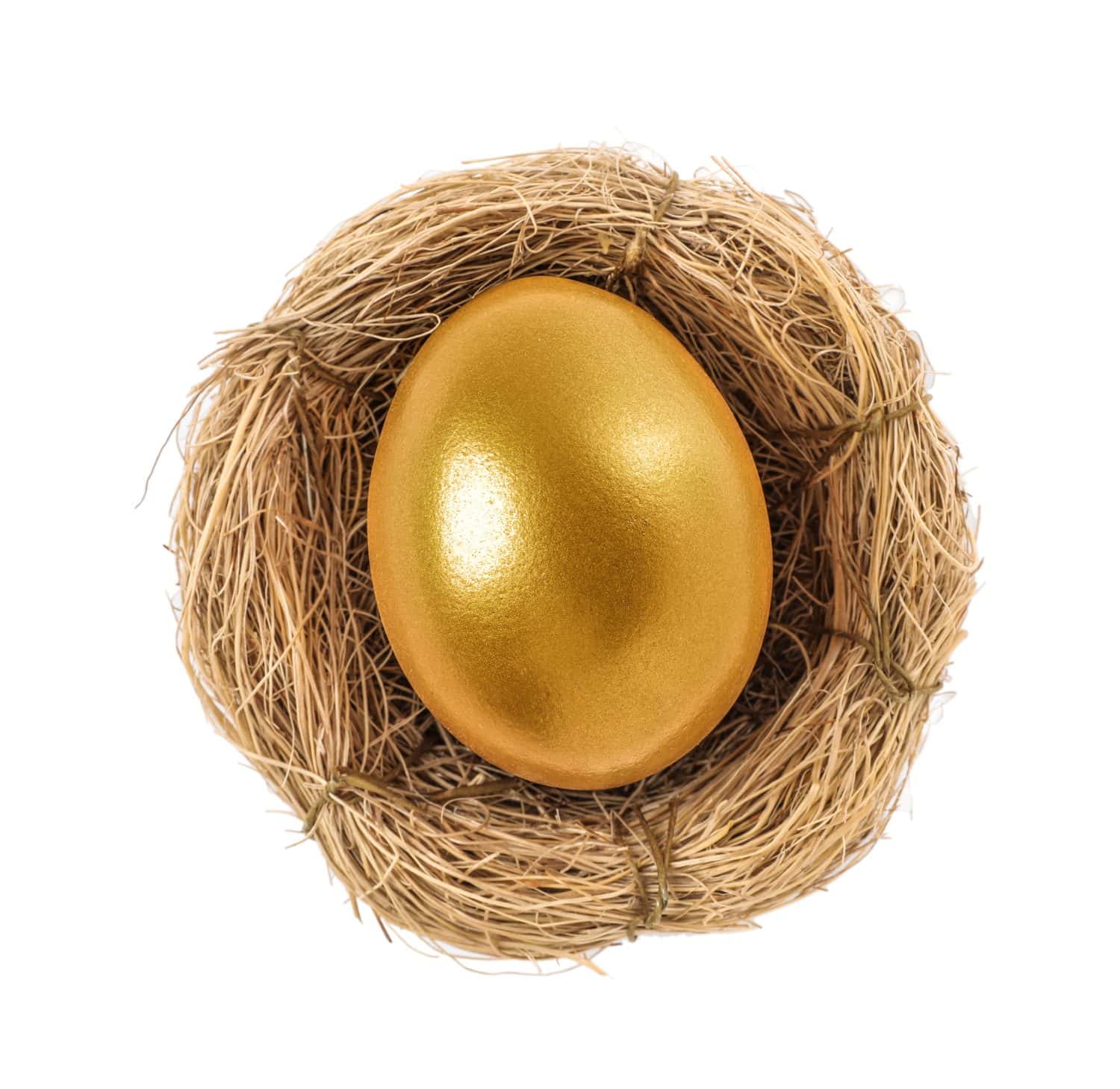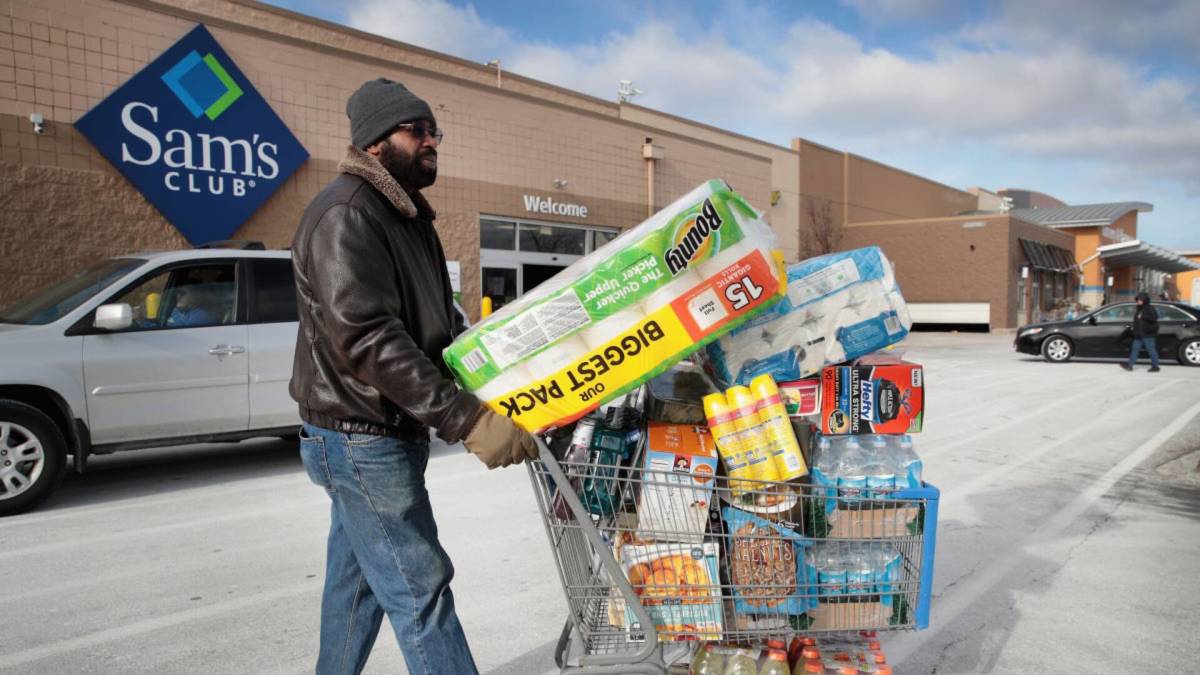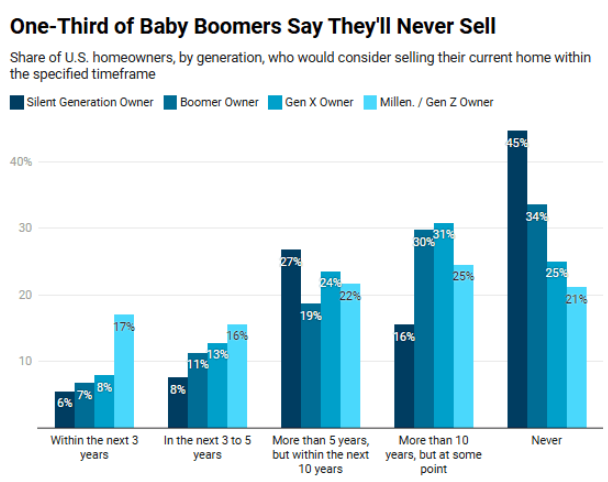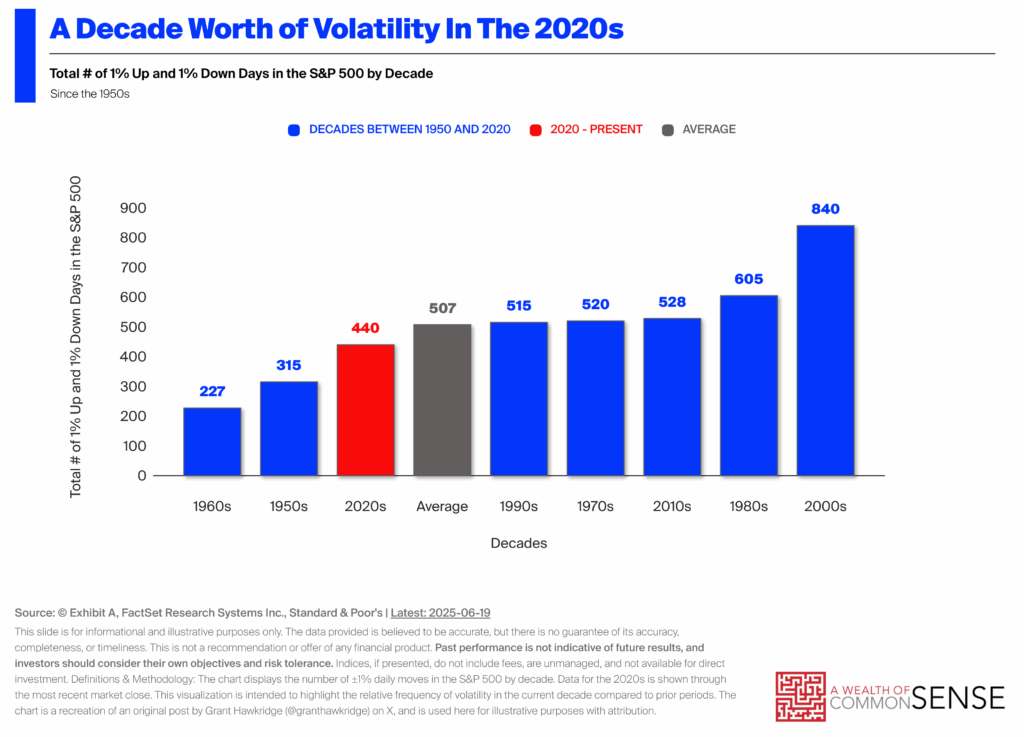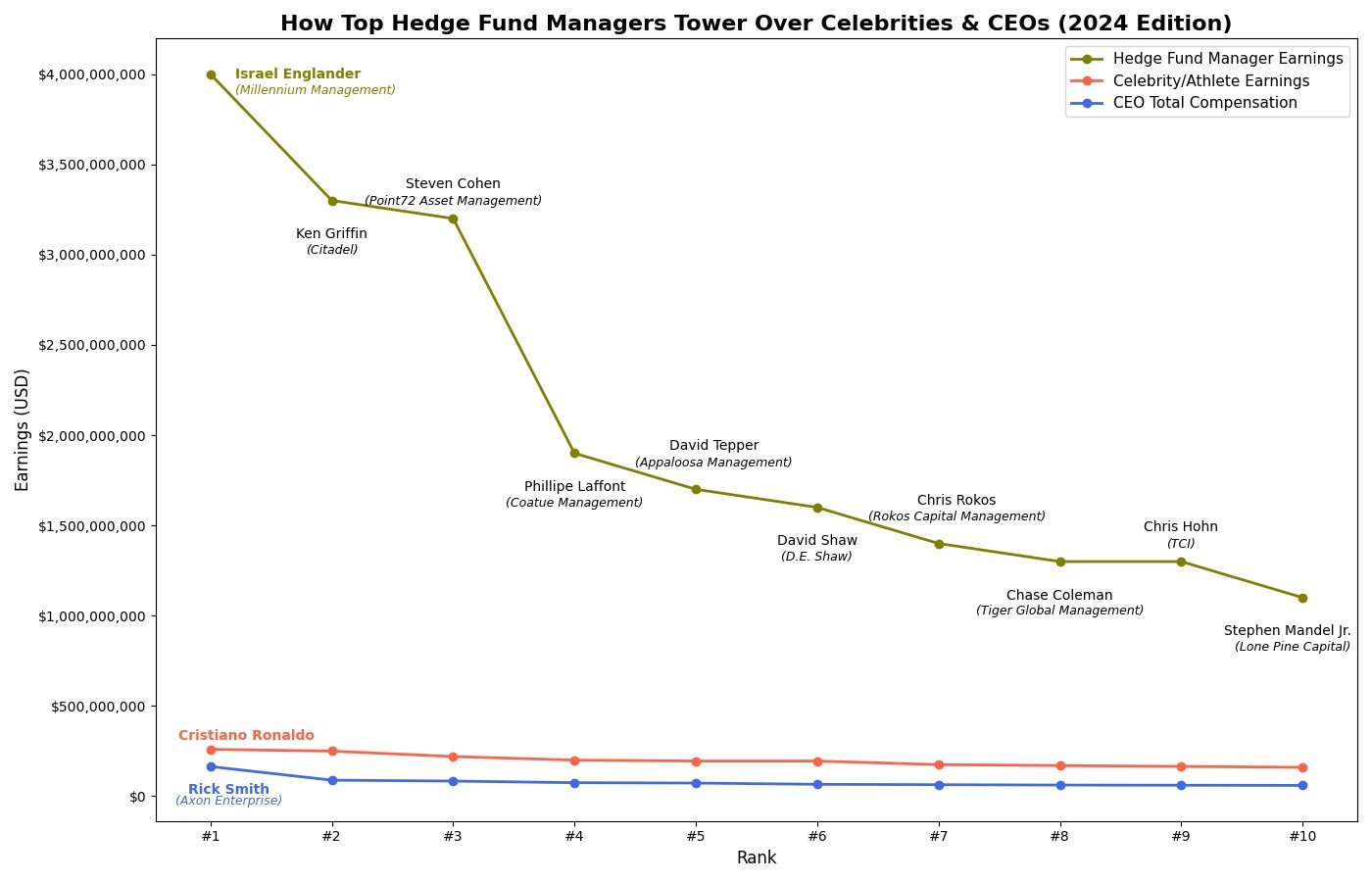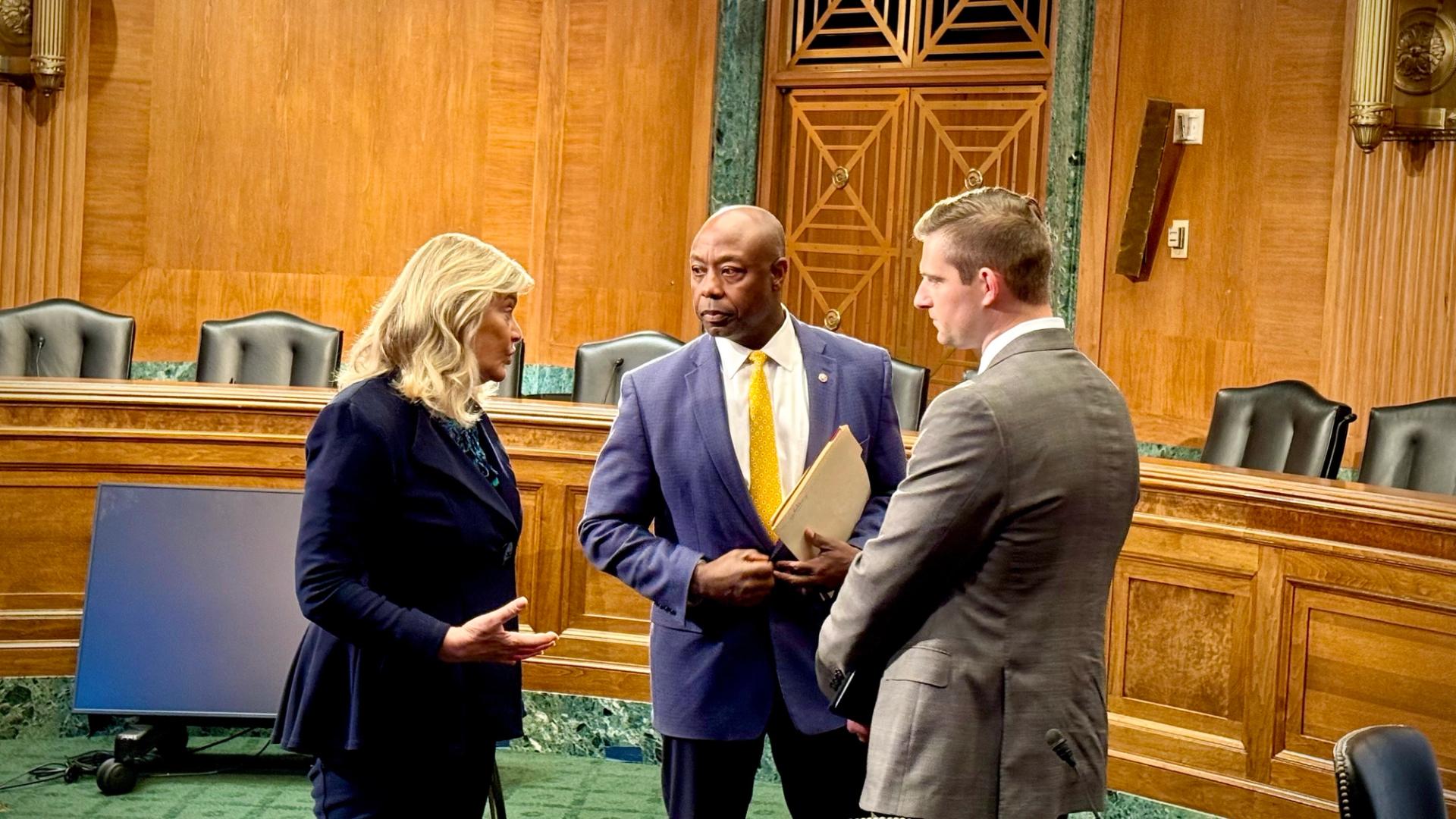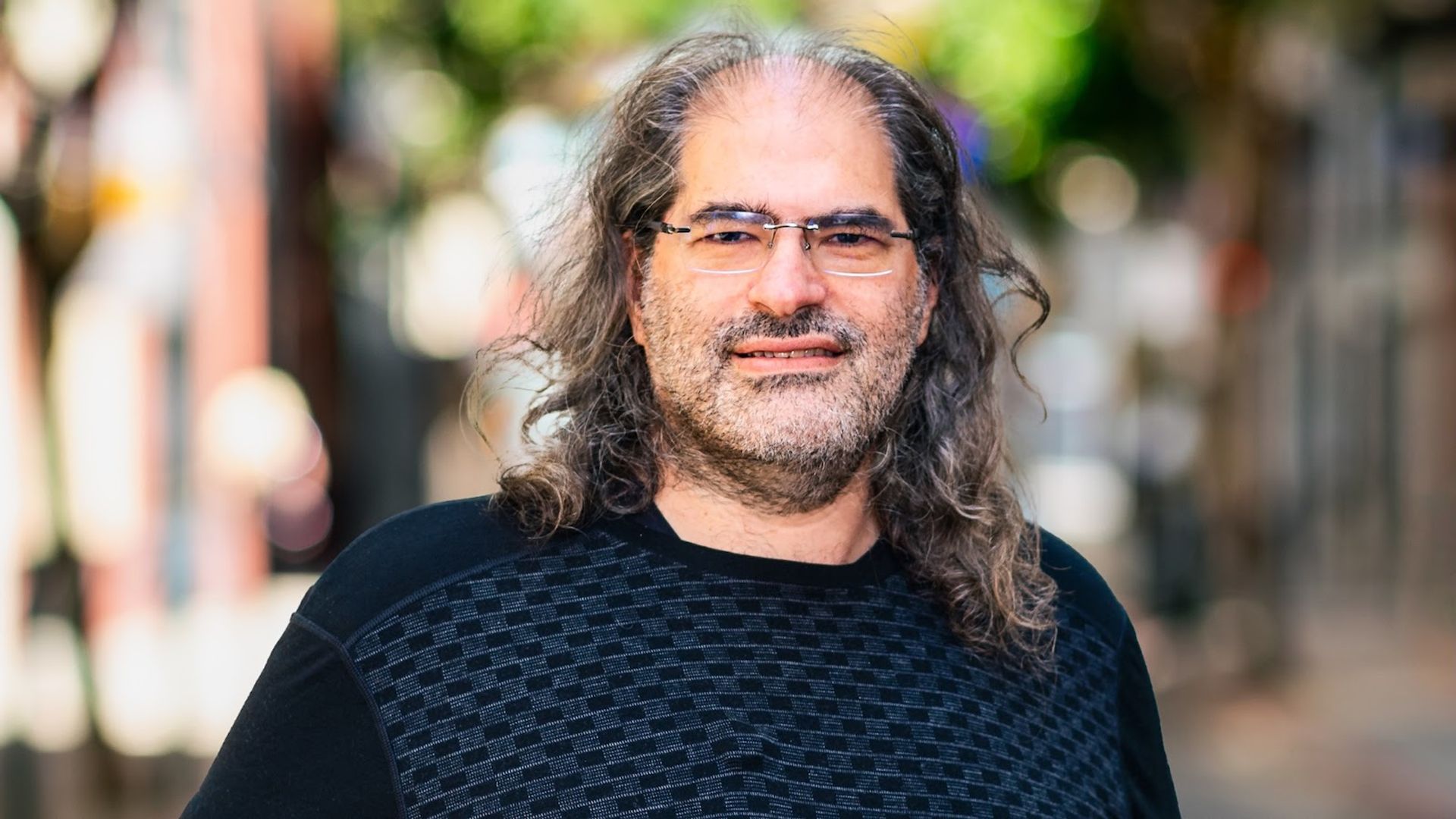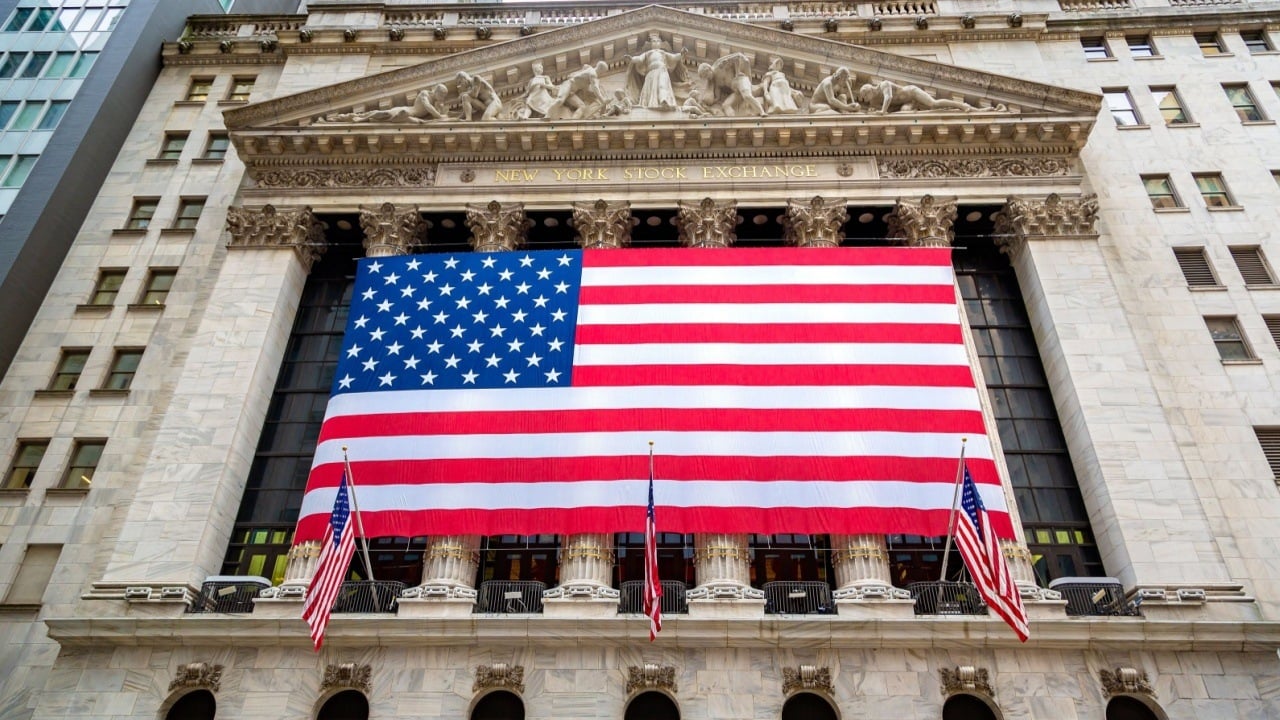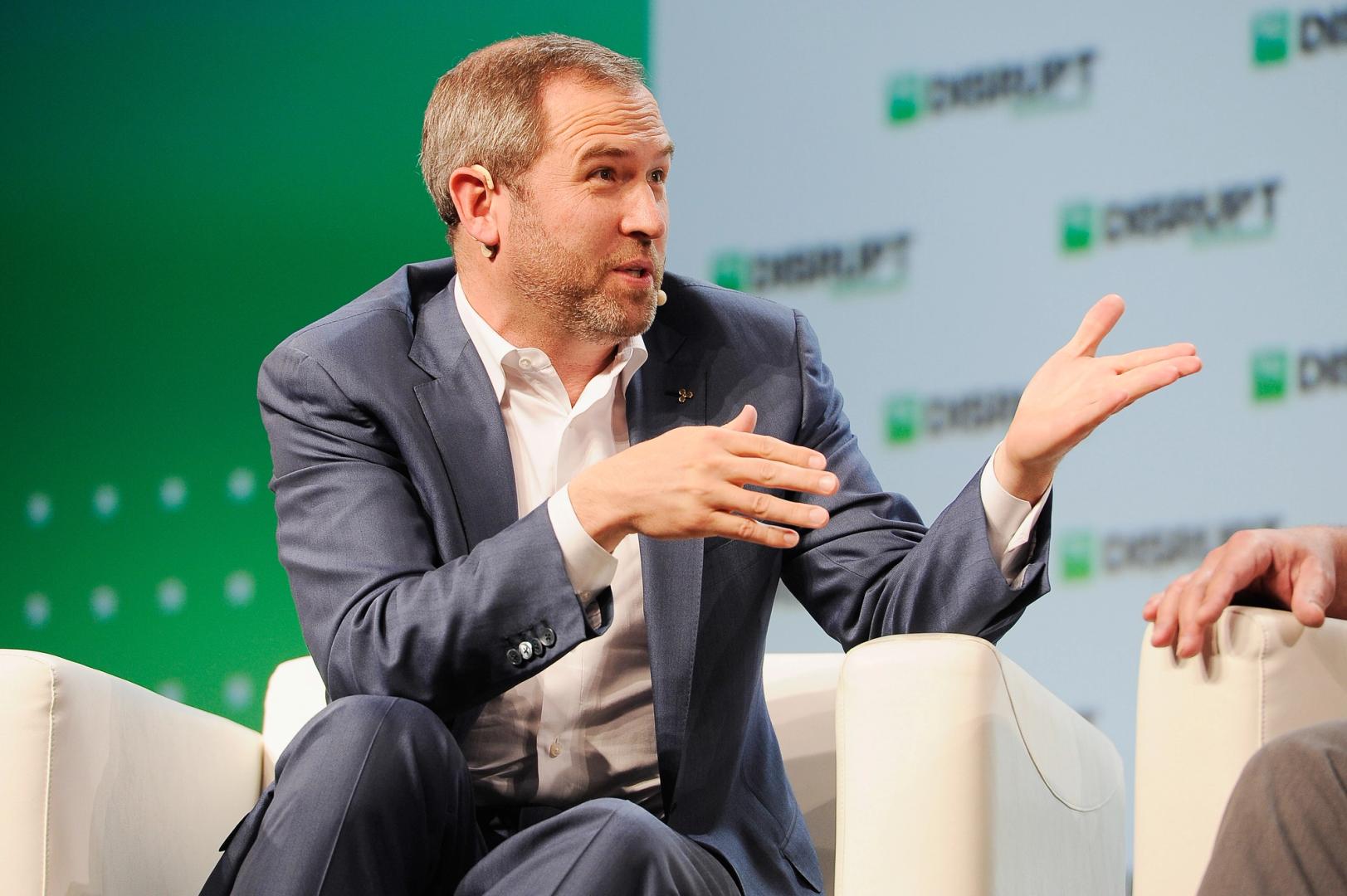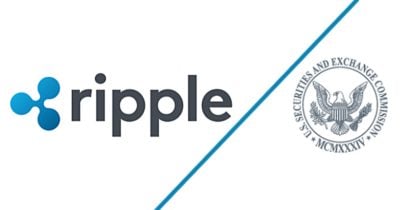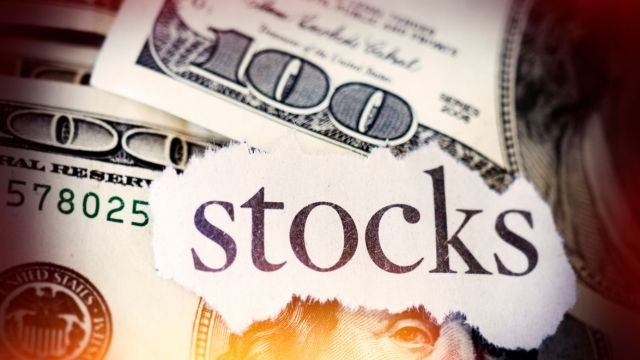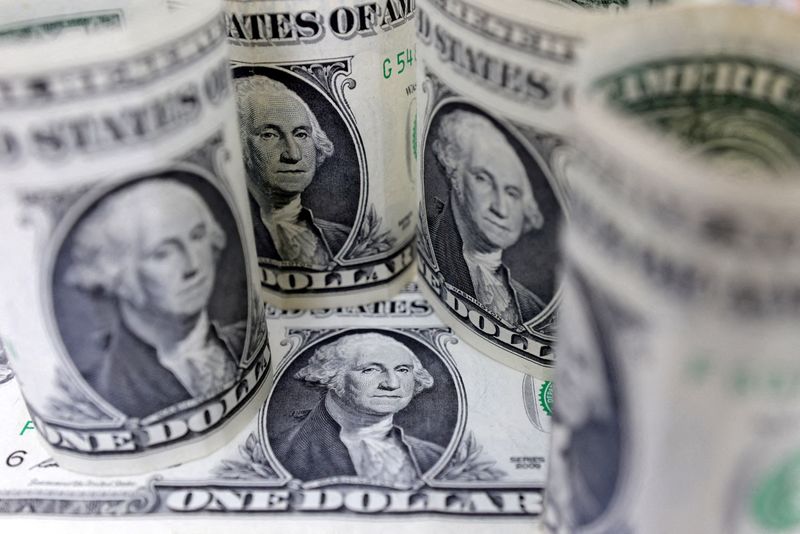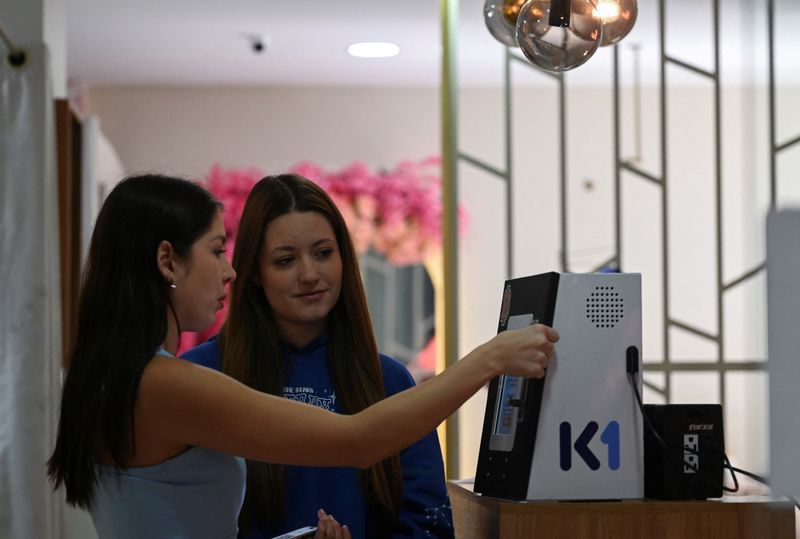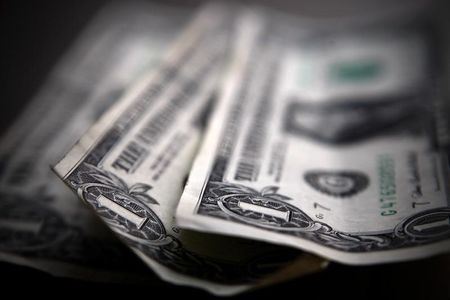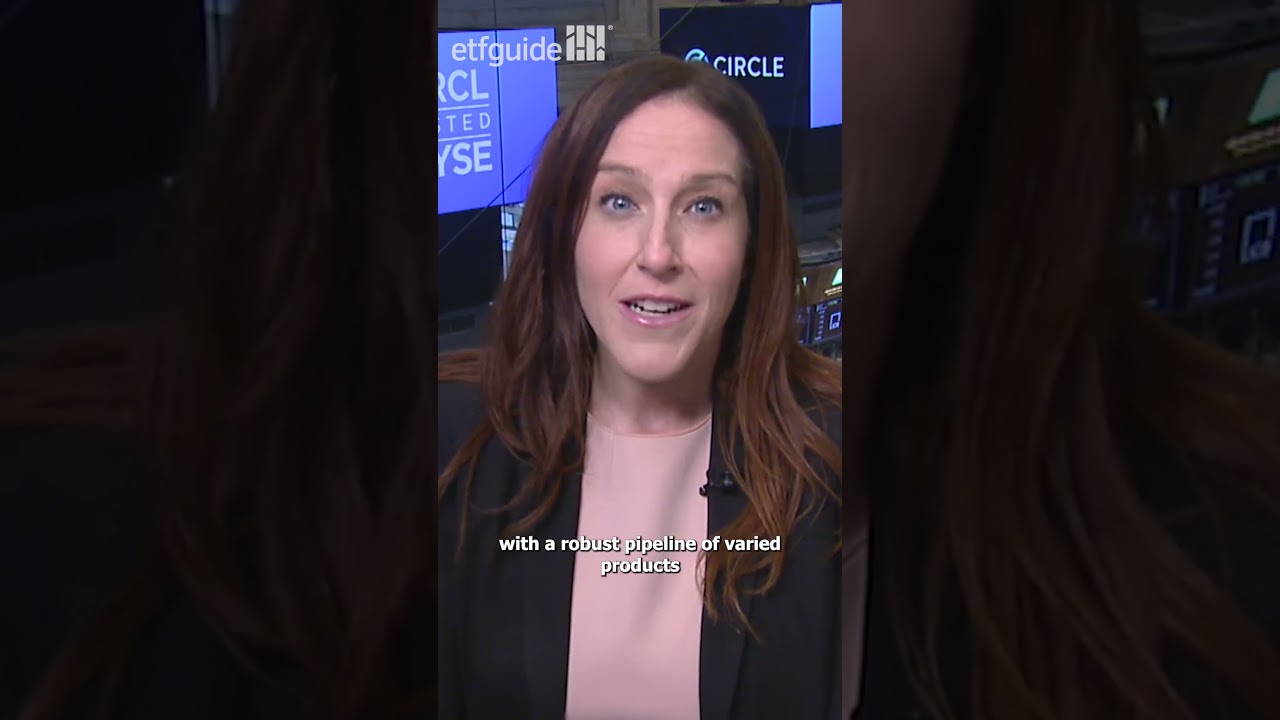Serena Williams has backed 14 unicorns so far. Now she’s adding a new role to prove hygiene and health can be big business
The tennis champion is taking her investing experience beyond her firm Serena Ventures.

Ace move. Serena Williams, a 23-time Grand Slam singles champion and four-time Olympic gold medalist, is doubling down on her next chapter of backing the kinds of founders often overlooked by traditional venture capital: women, people of color, and entrepreneurs solving critical challenges in underserved markets.
Last week, the tennis legend and investor was named the first-ever entrepreneur-in-residence at Reckitt, the British consumer health giant behind brands like Lysol, Durex, and Enfamil. In this new role, Williams will help mentor and scale startups focused on hygiene, maternal care, and health equity—sectors that remain chronically underfunded despite rising demand. Women-led startups receive less than 3% of global venture funding despite research showing they consistently outperform male-led companies.
“Bold, innovative ideas can solve some of the world’s most pressing healthcare challenges if given the right support to thrive,” Williams told me at Cannes Lions. “This includes mentorship, funding, and strong belief.”
Her appointment coincides with the launch of Reckitt Catalyst, a £10 million initiative aimed at supporting up to 200 underrepresented founders by 2030. The goal is to improve access to health and hygiene for five million people through scalable, locally led solutions across Africa, Asia, and Latin America.
For Williams, the partnership is both tactical and deeply aligned. “We realized we had the same thesis, [which is] that when you invest in women, when you invest in overlooked markets, the returns are there,” she said. “It’s not charity. It’s smart business.”
Since stepping away from tennis, Williams has built one of the most successful venture investment track records among athlete-turned-investors. She launched Serena Ventures in 2014 with a focus on diverse founders, raising a $111 million inaugural fund. At the time, she entered a venture ecosystem where only 5% of VCs were Black, and an even smaller share were Black women. Before formally launching the fund, Williams said she had already backed about six unicorns. Today, she says her portfolio includes more than 14 billion-dollar companies and several decacorns.
“I wanted to prove to myself that I could find the companies and that I had the connections to invest,” she said. “Now we’re scaling.”
Serena Ventures has primarily invested in early-stage healthcare, fintech, and consumer technology companies. Through her new partnership with Reckitt, Williams is now doubling down on sectors that tend to be overlooked by Silicon Valley. “Hygiene is routinely overlooked in venture,” she said. “It’s not flashy. But it’s foundational, especially for women, mothers, and children. These are essential markets that drive real impact and real returns.”
Her role will combine mentorship with access to a network. Williams will advise Catalyst entrepreneurs while helping them expand their reach and credibility through strategic introductions. “At the end of the day, venture is about relationships,” she said. “A 30-minute conversation can unlock new partnerships or investment opportunities. I want to offer that access to founders who aren’t part of the usual power circles.”
She has already started connecting Catalyst founders with companies in her existing portfolio. “When you give women an opportunity, we often work twice as hard because we’ve been underestimated from the start,” she said, adding, “This isn’t about taking anything away from male founders. It’s about expanding the pie.”
Ruth Umoh
ruth.umoh@fortune.com
The Most Powerful Women Daily newsletter is Fortune’s daily briefing for and about the women leading the business world. Today’s edition was curated by Sara Braun. Subscribe here.
This story was originally featured on Fortune.com





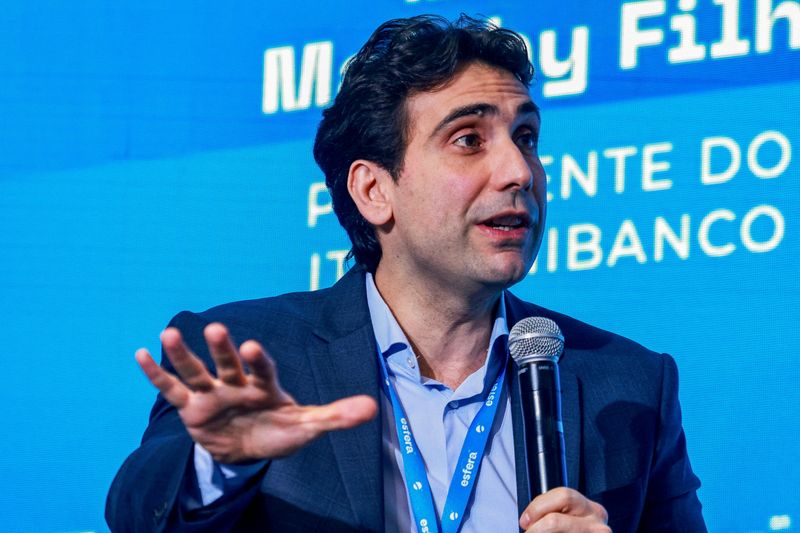

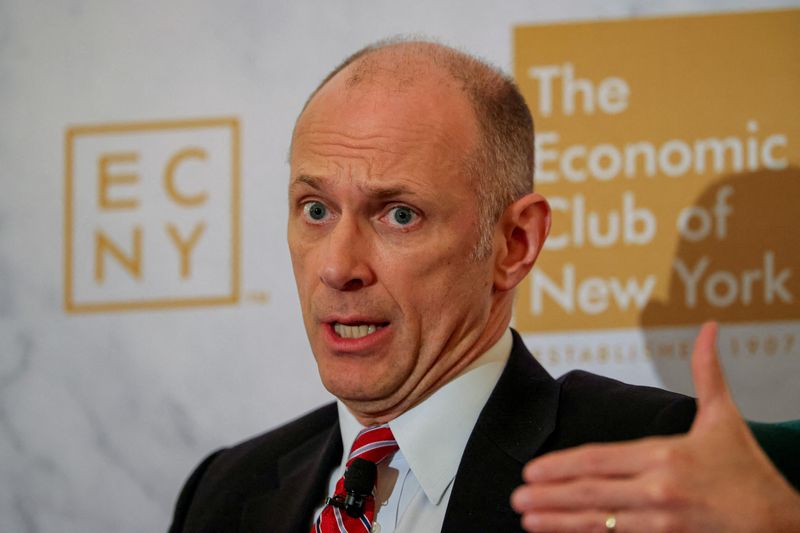
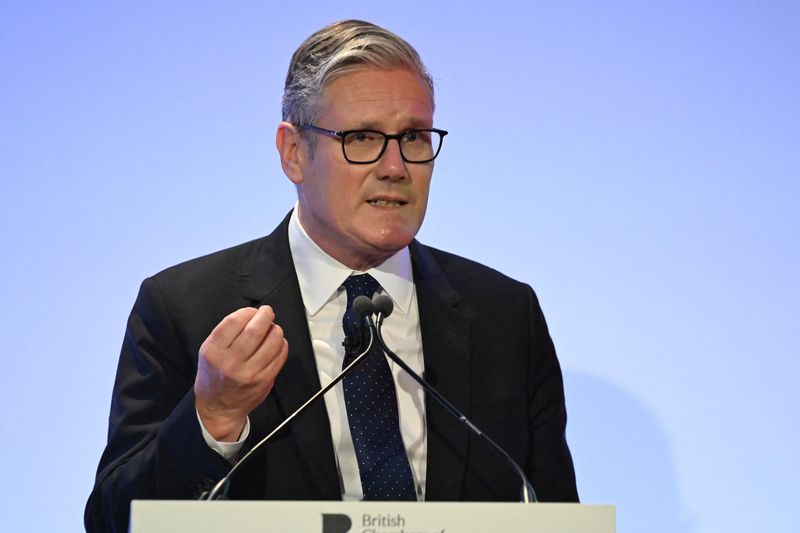













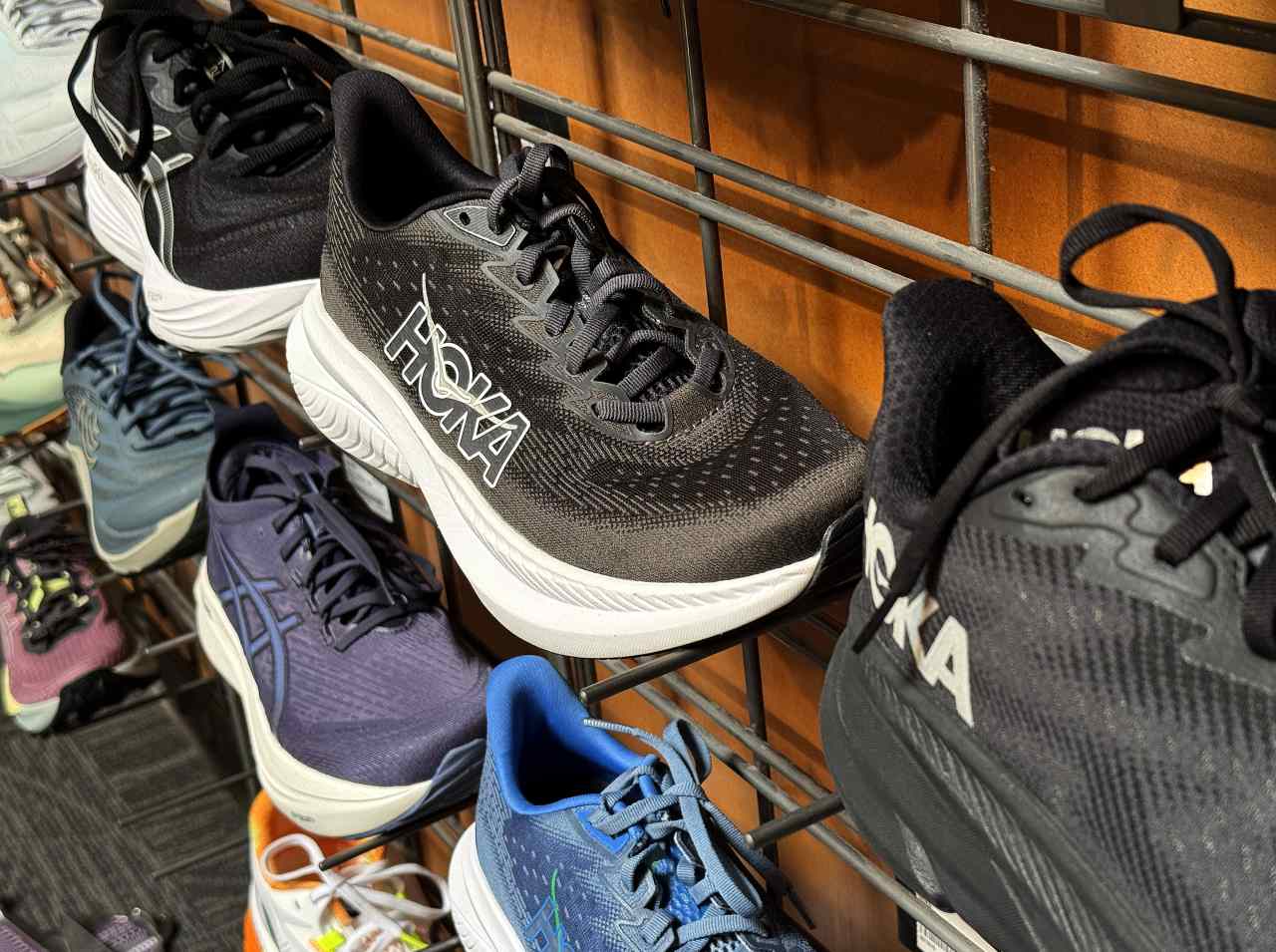













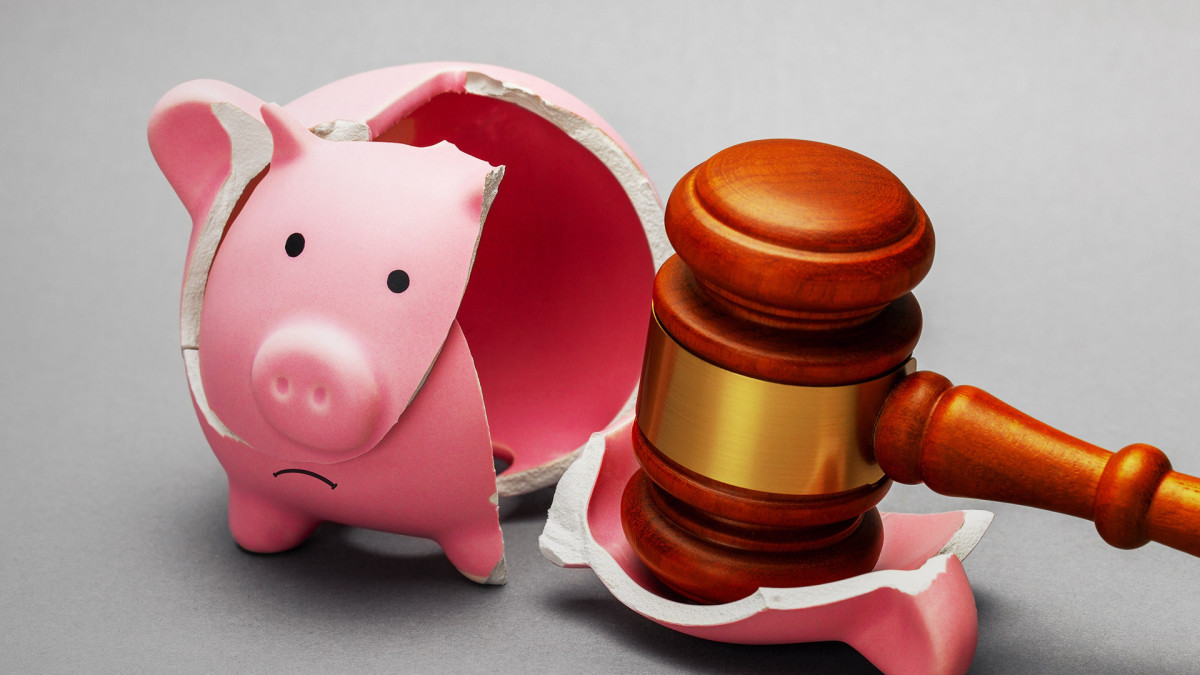

4_M_1440049442.jpg?#)
